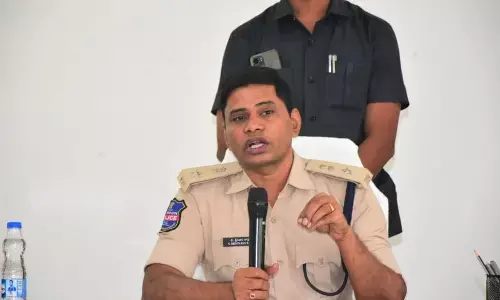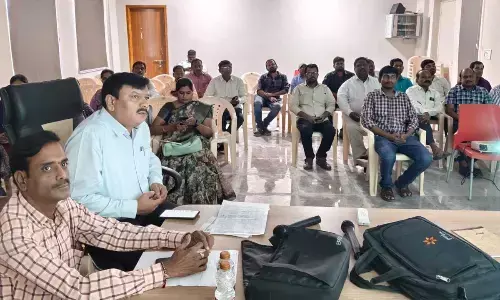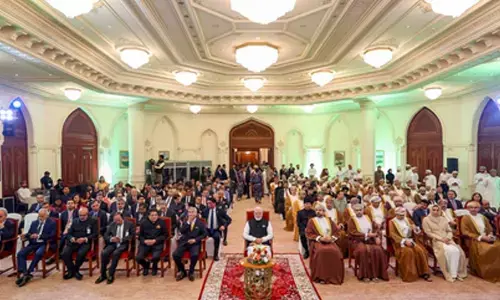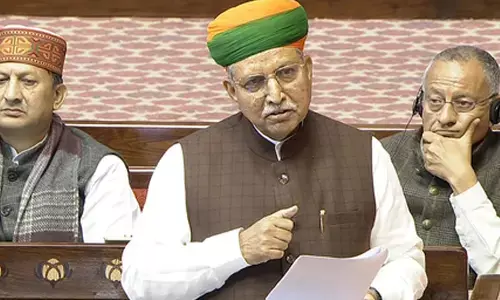Unraveling The Role Of The Shivamogga ISIS Module In The Bengaluru Rameshwaram Cafe Blast
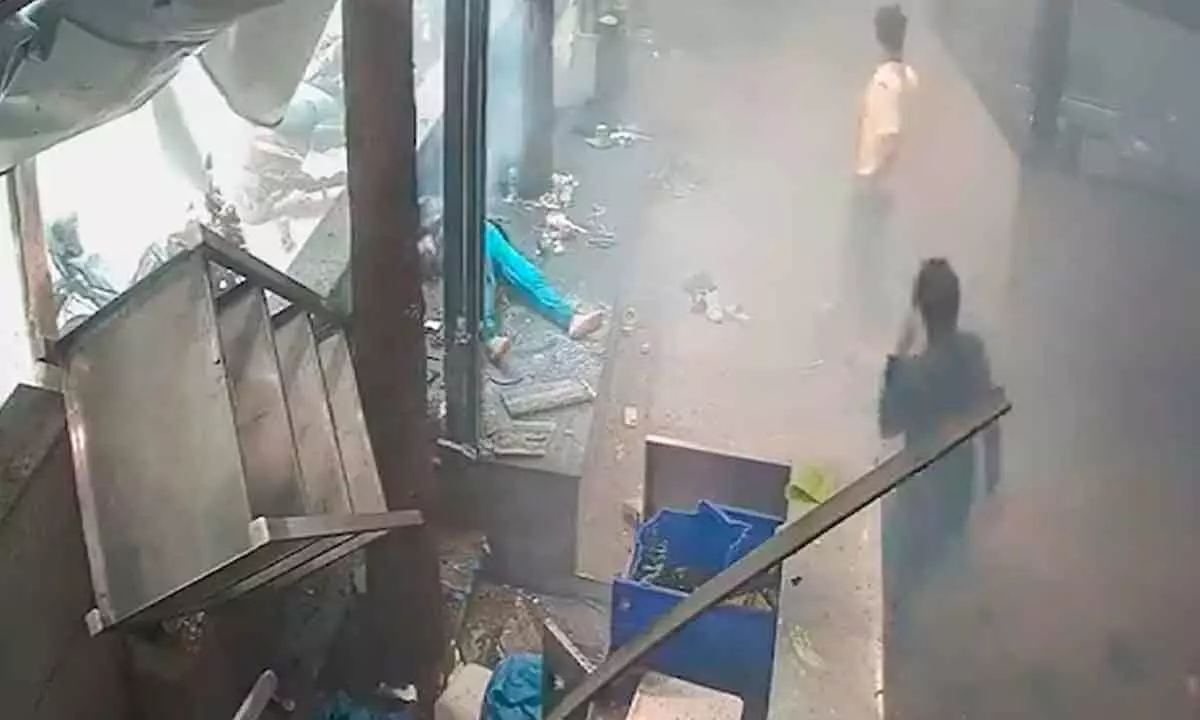
- Explore how the National Investigation Agency (NIA) delves into the involvement of the Shivamogga ISIS module, active in Karnataka and South India, in the Bengaluru Rameshwaram Cafe blast.
- Learn about their alleged facilitation of the attack, collaboration with other modules, and efforts to radicalize youth, shedding light on the interconnected nature of terrorist networks in the region.
The emergence of the Shivamogga ISIS module, as revealed by the National Investigation Agency (NIA), underscores a concerning trend of terrorist activities infiltrating regions of Karnataka and South India. The NIA's investigation into the Bengaluru Rameshwaram Cafe blast case has shed light on the potential involvement of this module, which has reportedly been operational for the past five years.
The low-intensity blast at the Bengaluru Rameshwaram Cafe on March 1 resulted in the injury of ten individuals. The method employed, utilizing an improvised explosive device (IED) triggered by a timer, indicates a premeditated and coordinated attack. According to sources within the NIA, the Shivamogga ISIS module is believed to have played a significant role in facilitating this attack. They are suspected of aiding the movement of the accused individuals on the day of the blast and assisting in the procurement of explosives.
One key aspect of the investigation involves tracing the entry of suspects from Tamil Nadu and Kerala into Karnataka with the assistance of the Shivamogga module. This underscores the trans-regional nature of terrorist networks and the challenges faced by law enforcement agencies in tracking and intercepting such activities across state borders.
The apprehension of a key suspect, Shabbir, from Bellary district in Karnataka further strengthens the link between the Bengaluru Rameshwaram Cafe blast and the Shivamogga ISIS module. Additionally, the NIA has reportedly gathered substantial evidence linking the materials used in this blast with another incident, the Bengaluru auto blast, indicating a pattern of coordinated attacks orchestrated by the same network.
Furthermore, the Shivamogga module's alleged collaboration with the Kerala ISIS module highlights the interconnectedness of terrorist networks operating in different states of South India. This collaboration has reportedly been involved in multiple terrorist incidents over the past five years, indicating a sustained and organized effort to propagate extremist ideologies and carry out violent attacks.
The radicalization efforts of the Shivamogga module, particularly targeting youth in the region, are of grave concern. Utilizing religious leaders to propagate extremist ideologies among vulnerable individuals underscores the insidious nature of terrorist recruitment tactics and the need for concerted efforts to counter radicalization and prevent further acts of violence.
Overall, the revelations surrounding the Shivamogga ISIS module underscore the complex and evolving threat landscape faced by law enforcement agencies in India, highlighting the importance of robust intelligence-gathering, interagency cooperation, and proactive measures to counter terrorism and safeguard public safety.










